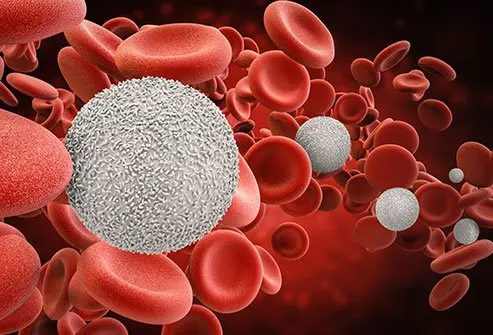Extreme Heat Increases Risk of Heart Attacks: Who’s Most at Risk and How to Stay Safe
Date: 1 Month Ago
Author: Gaurav Tiwari
With rising temperatures across the globe, extreme heat is no longer just an environmental concern—it’s becoming a serious public health issue. A growing body of research, including a recent study published in the Circulation medical journal, shows that the risk of heart attacks can increase by up to 233% during heatwaves.
🚨 Real-World Impact: A Cautionary Tale
In 2019, a farmer in Jiangsu Province, China collapsed while working under scorching temperatures exceeding 42°C. Despite showing early signs of heat exhaustion, he ignored them—only to suffer a fatal heart attack. Similar stories are becoming increasingly common, not just in China but across hot regions, including India.
🔥 Why Does Extreme Heat Trigger Heart Attacks?
When temperatures soar, the body tries to cool itself through sweating. This process demands increased blood flow to the skin, forcing the heart to work harder than usual. Add dehydration and mineral loss to the mix, and the cardiovascular system comes under intense stress.
Key Physiological Reasons:
-
Increased heart rate to pump more blood to the skin
-
Dehydration leading to thickened blood
-
Drop in blood pressure, causing additional strain on the heart
-
Electrolyte imbalance impacting heart rhythm
👥 Who Is at Highest Risk During Heatwaves?
According to Dr. Awadhesh Sharma, the risk of cardiovascular complications spikes for specific high-risk groups:
-
Patients with existing heart conditions (e.g., coronary artery disease, heart failure)
-
People with high blood pressure or diabetes
-
Senior citizens aged 60 and above
-
Pregnant women, due to increased cardiovascular load
-
Urban poor living in heat-prone zones with limited cooling access
-
Outdoor workers like construction laborers, delivery personnel, and farmers
📈 Shocking Stats: How Much Does Risk Increase?
A major study suggests that if greenhouse gas emissions aren’t reduced significantly, heart attack-related deaths caused by extreme heat could rise by up to 233% between 2036 and 2065.
✅ How to Prevent Heat-Induced Heart Attacks
With climate change pushing temperatures higher every year, it’s vital to take preventive steps to protect heart health, especially during summer.
🥤 Stay Hydrated
-
Drink plenty of water and electrolyte-rich fluids like coconut water, lemon water, and buttermilk.
-
Avoid sugary sodas and caffeinated drinks.
🌞 Avoid Peak Heat Hours
-
Stay indoors between 11 AM to 4 PM, when temperatures peak.
-
Use fans, coolers, or air conditioning if available.
👕 Dress Smart
-
Wear light-colored, loose-fitting cotton clothes.
-
Use hats or umbrellas if stepping outdoors is unavoidable.
💊 Heart Patients: Stick to Your Medication
-
Do not skip or modify your prescribed medications without consulting your doctor.
-
Monitor your blood pressure regularly.
🛑 Avoid Dehydrating Substances
-
Limit intake of alcohol, tea, and coffee, which can dehydrate and raise heart stress.
🥗 Eat Light & Healthy
-
Avoid heavy, fried, and spicy meals.
-
Opt for high-fiber, easy-to-digest food like fruits, salads, and soups.
🏃♀️ Time Your Workouts
-
Exercise during early morning or late evening hours.
-
Prefer light activities like walking over intense workouts in high heat.
🚪 Be Careful When Leaving AC Environments
-
Sudden temperature shifts can shock your system.
-
Acclimate gradually before stepping into the heat.
🌍 Climate Change & Health: A Broader Perspective
The rising risk of heat-induced heart attacks underscores that climate change is a health equity issue. Vulnerable populations—especially the poor, elderly, and those with preexisting conditions—are most at risk. Without urgent action, extreme heat could become one of the biggest threats to global cardiac health in the coming decades.
Conclusion
Heart health is not just about genetics and lifestyle anymore—it’s also about adapting to our changing climate. As summers grow hotter, awareness and precaution can save lives. Stay cool, stay safe, and take care of your heart.

